AS KNOWLEDGE PROVIDER (SUPPLY)
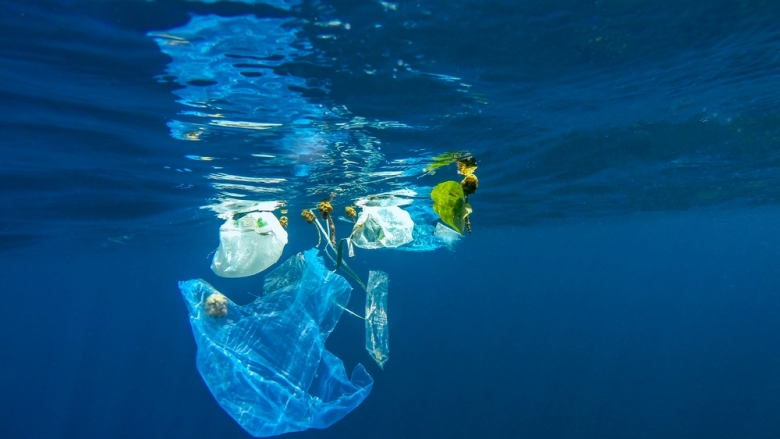
Working Regionally to Combat Plastic Pollution
From transport to health, food to construction and textiles, plastics are among the most abundant materials in our economy. Globally, the plastic industry is valued at USD 600 billion and provides employment to millions of people worldwide.
Providing country: Brunei Darussalam, Cambodia, Indonesia, Lao People's Democratic Republic, Malaysia, Philippines, Singapore, Thailand, Vietnam, Bangladesh, Bhutan, India, Maldives, Nepal, Pakistan, Sri Lanka, Benin, Cabo Verde, Cote d'Ivoire, Gambia, The, Ghana, Guinea, Guinea-Bissau, Liberia, Mauritania, Nigeria, Sao Tome and Principe, Senegal, Sierra Leone, Togo
Receiving country: Brunei Darussalam, Cambodia, Indonesia, Lao People's Democratic Republic, Malaysia, Philippines, Singapore, Thailand, Vietnam, Bangladesh, Bhutan, India, Maldives, Nepal, Pakistan, Sri Lanka, Benin, Cabo Verde, Cote d'Ivoire, Gambia, The, Ghana, Guinea, Guinea-Bissau, Liberia, Mauritania, Nigeria, Sao Tome and Principe, Senegal, Sierra Leone, Togo
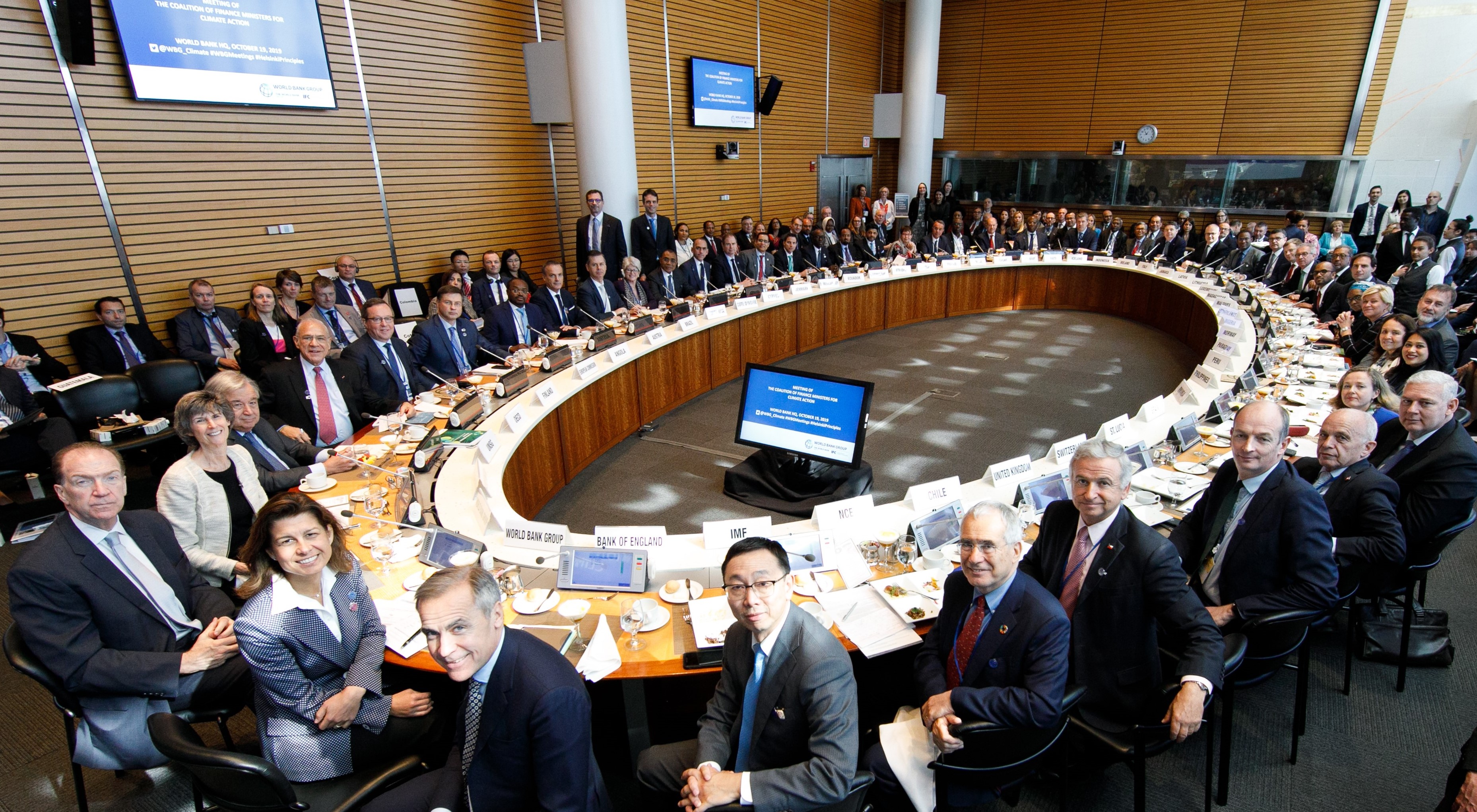
Action Learning Support to CAPE – Climate Action Peer Exchange
Climate Action Peer Exchange (CAPE) is a forum for peer learning, knowledge sharing, and mutual advisory support.
Providing country: China, Colombia, Tanzania, Kenya, Uganda, St. Kitts and Nevis, Chile, Morocco, Vietnam, Argentina, Austria, Bangladesh, Canada, Costa Rica, Cote d'Ivoire, Denmark, Dominican Republic, Ecuador, Equatorial Guinea, Ethiopia, Finland, Fiji, France, Germany, Ghana, Guatemala, Greece, Iceland, Indonesia, Ireland, Italy, Jamaica, Kenya, Latvia, Lithuania, Luxembourg, Madagascar, Maldives, Marshall Islands, Mexico, Monaco, Netherlands, New Zealand, Nigeria, Norway, Panama, Paraguay, Philippines, Poland, Portugal, Spain, Sri Lanka, Sweden, Switzerland, Tonga, Uganda, United Kingdom, Uruguay
Receiving country: China, Colombia, Tanzania, Kenya, Uganda, St. Kitts and Nevis, Chile, Argentina, Austria, Bangladesh, Canada, Chile, Colombia, Costa Rica, Cote d'Ivoire, Denmark, Dominican Republic, Ecuador, Equatorial Guinea, Ethiopia, Finland, Fiji, France, Germany, Ghana, Guatemala, Greece, Iceland, Indonesia, Ireland, Italy, Jamaica, Kenya, Latvia, Lithuania, Luxembourg, Madagascar, Maldives, Marshall Islands, Mexico, Monaco, Netherlands, New Zealand, Nigeria, Norway, Panama, Paraguay, Philippines, Poland, Portugal, Spain, Sri Lanka, Sweden, Switzerland, Tonga, Uganda, United Kingdom, Uruguay, Morocco, Vietnam
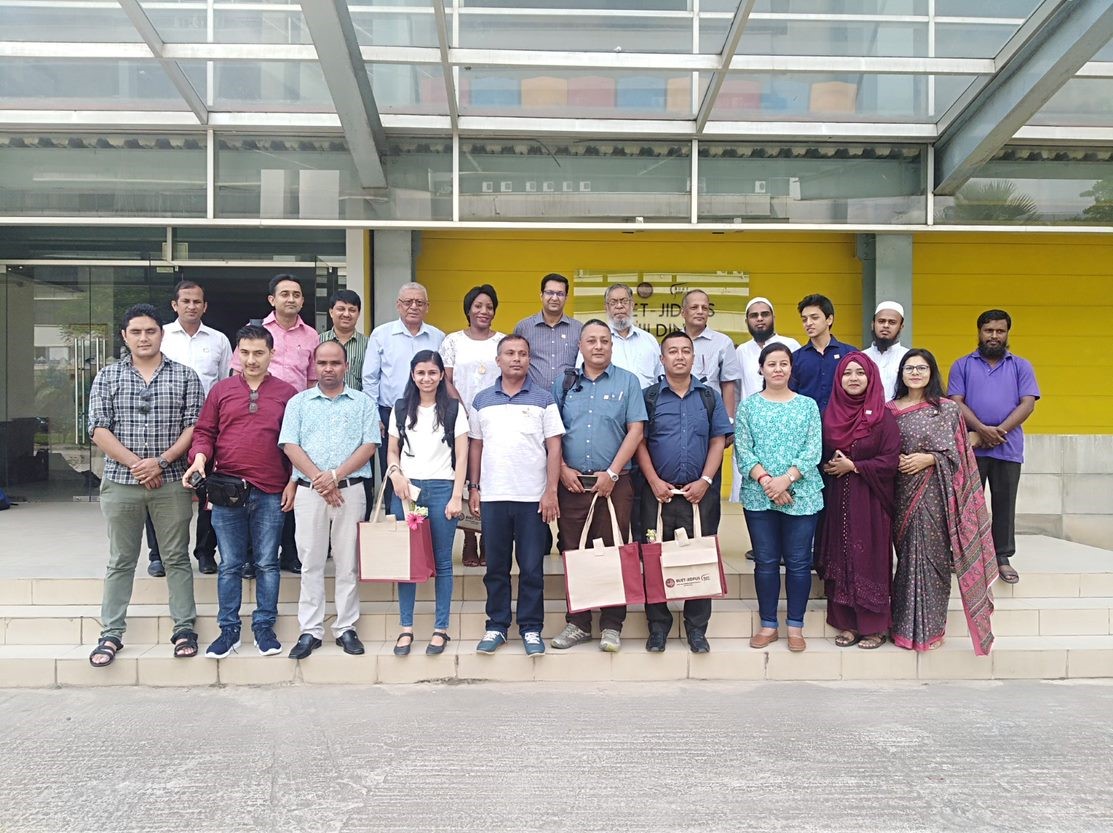
Cost-effective and climate-resilient bridge construction in Nepal
The development goal of this knowledge exchange was to improve the bridge construction and maintenance practices in Nepal across the following themes:
Providing country: Bangladesh
Receiving country: Nepal
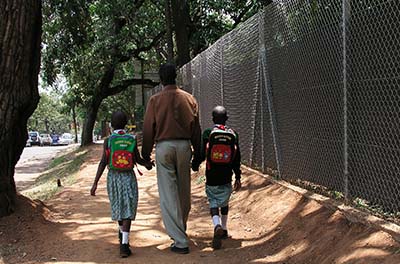
Improving Land Acquisition and Resettlement in Uganda
Development in Uganda, especially in the energy and mineral sectors, increasingly involves land acquisition and involuntary resettlement, which can lead to loss of assets and livelihoods.
Providing country: Bangladesh
Receiving country: Uganda
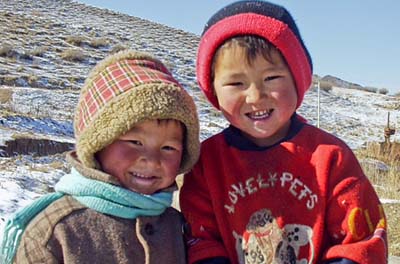
Building successful microfinance in rural areas in the Kyrgyz Republic
Up to 60 percent of rural households in the Kyrgyz Republic live in poverty, including 19 percent in extreme poverty. Rural households spend 74 percent of their incomes on food. At the same time, the Kyrgyz Republic had experienced some of the most severe food price shocks in Central Asia.
Providing country: Bangladesh
Receiving country: Kyrgyz Republic
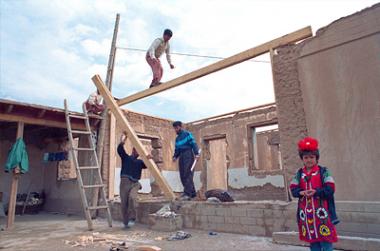
Strengthening Municipal Financing Mechanisms in Tajikistan
Following its independence in 1991, Tajikistan went through a devastating, six-year-long civil war, which left the country financially strained.
Receiving country: Tajikistan
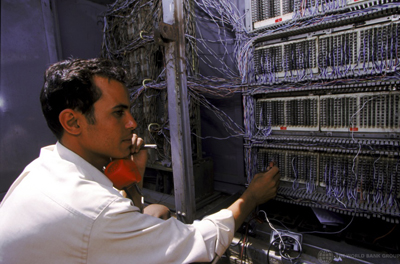
Bringing Electricity to Rural Communities in Yemen
Yemen successfully provides electricity to urban areas, but many rural areas remain underserved. Although the Government of Yemen (GOY) had outlined a rural electrification plan, it lacked clarity on how to create, operate, and supervise the new nationwide Rural Electric Service Provider (RESP) .
Providing country: Bangladesh
Receiving country: Yemen, Republic of
Learning from Community Driven Development (CDD) Models for Better Economic and Social Development Outcomes
As in many other East Asian countries, the number of people living in poverty in Cambodia, Lao PDR, and Vietnam has declined in the past decade. However, persisting poverty in less advantaged geographic areas and ethnic groups is still a challenge.
Providing country: Bangladesh, India, Sri Lanka, China, Mongolia, Timor-Leste, Indonesia, Philippines
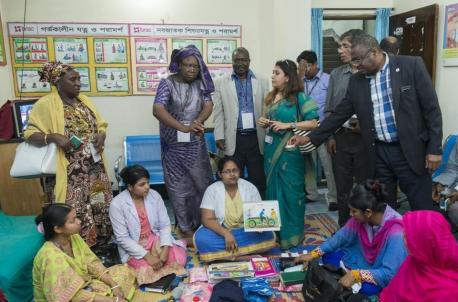
Improving Population Health Outcomes in Africa’s Sahel Region
Many Sahel countries in Africa are expected to nearly double their population by 2030 due to high fertility rates.
Providing country: Bangladesh

 China
China Colombia
Colombia Denmark
Denmark India
India Indonesia
Indonesia Mexico
Mexico Russian Federation
Russian Federation Spain
Spain United Kingdom
United Kingdom